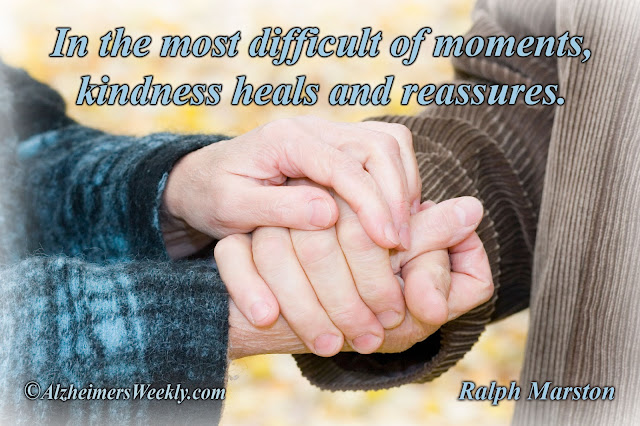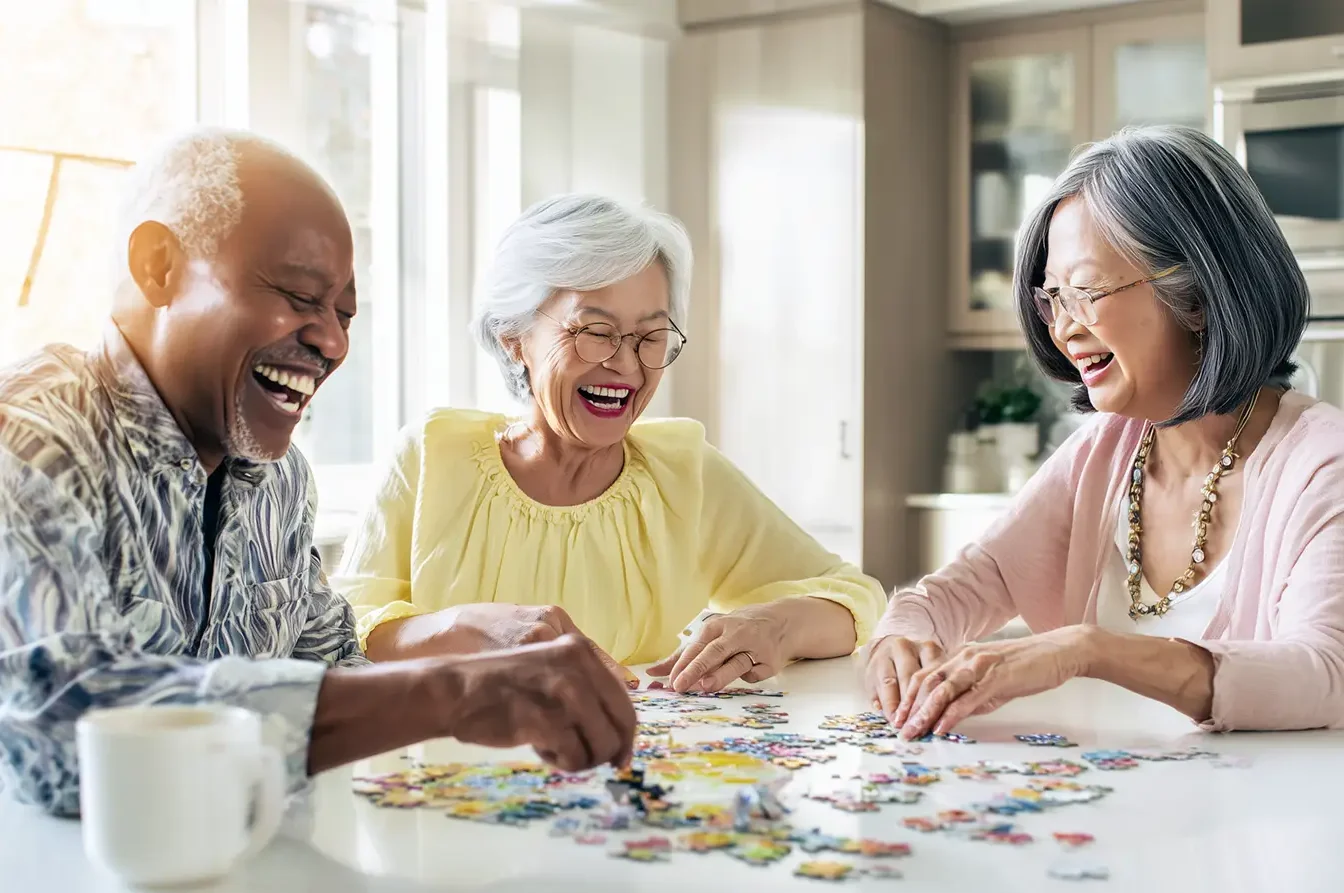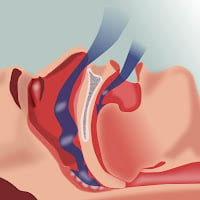
Does Sleep Apnea Cause Alzheimer’s, Or Is it the Other Way Around?
SLEEP: Research has long connected sleep apnea and Alzheimer’s. A key study looking at Alzheimer’s and sleep-disordered breathing (SDB) is opening up new “chicken-or-egg” questions:

SLEEP: Research has long connected sleep apnea and Alzheimer’s. A key study looking at Alzheimer’s and sleep-disordered breathing (SDB) is opening up new “chicken-or-egg” questions:

TEEPA CARE TIPS VIDEO: Teepa Snow, Dementia-care Specialist, shares 6 key phrases that help you help people with Alzheimer’s and dementia.

DIET NEWS – ARTICLE & VIDEO: These studies show dark chocolate improves memory & mood, boosts immunity and reduces stress as well as inflammation.


Adults with untreated hearing loss typically lose an extra cubic centimeter of brain tissue each year. Read why lead researcher Dr. F. Lin warns, “If
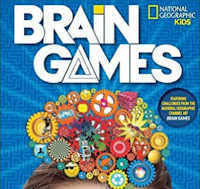
HEALTH VIDEO + ARTICLE: BRAIN EXERCISE can cut the risk of Alzheimer’s, according to research. See how. Find out about three ways to lower your
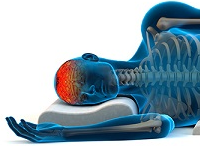
SLEEP RESEARCH: The brain’s glymphatic pathway clears harmful wastes, especially during sleep. Stony Brook researchers show this lateral position could be best for the brain-waste

MAYO CLINIC VIDEO: Do brain games help those living with Alzheimer’s disease? Dr. Ronald Petersen, director of Mayo Clinic’s Alzheimer’s Disease Research Center says engaging
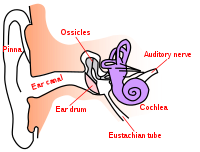
VIDEO + ARTICLE + APPS: A NEW STUDY finds that cognitive impairment begins in the earliest stages of age-related hearing loss — when hearing is
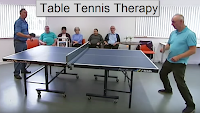
VIDEO: Table tennis is a helpful activity for people with Alzheimer’s. See how it combines physical activity with brain exercise, spatial skills and staying social.
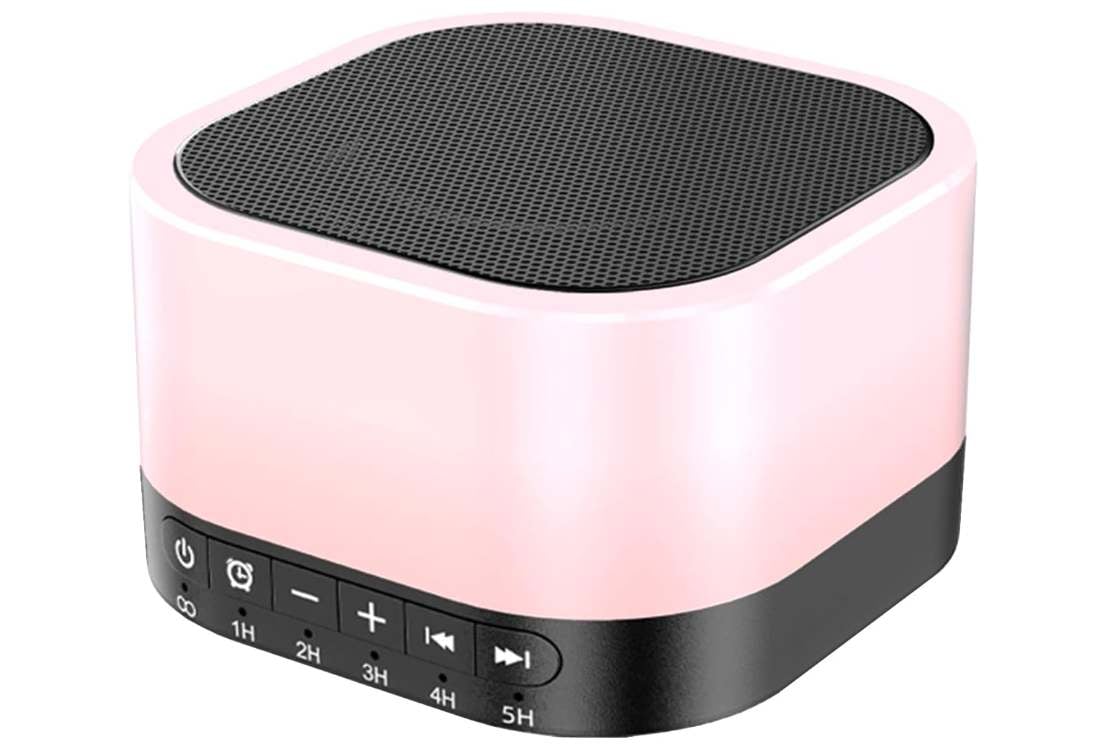
SLEEP VIDEO & ARTICLE: Sound stimulation can improve sleep and memory for people with pre-dementia. This study used easy-to-buy “pink noise” machines. See how simple sleep therapy makes a real difference.

Looking for the best digital photo frame for a loved one with dementia? Many frames claim to be senior-friendly. We explore the Pix-Star series, rated best for its combination of features and value for the money.

VIDEO+ARTICLE: Sundowning in dementia can derail evenings with anxiety, agitation, and confusion. Here’s why it happens—and what actually helps.
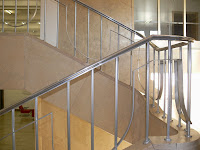
EMERGENCIES due to falling happen 54% more often in dementia. As a rule, 1-in-3 adults over 65 fall each year. Most falls happen at home. Make a few simple changes and prevent falls.
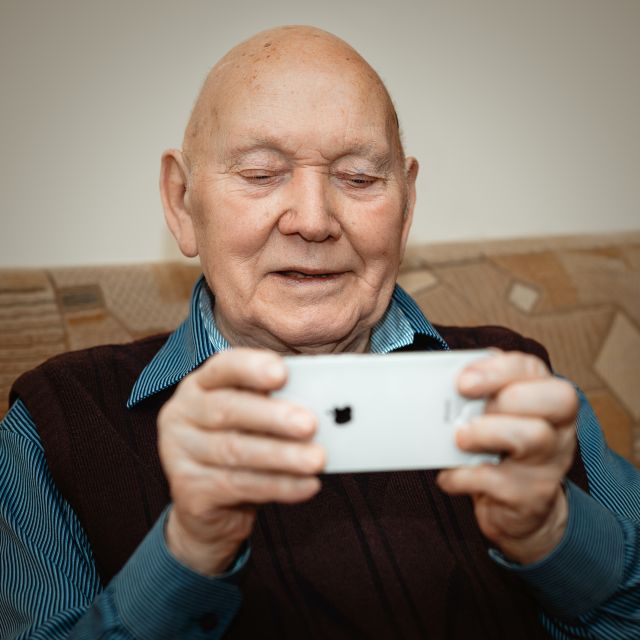
Researchers find education and intellectual stimulation appear to activate a genetic program in the brain that promotes resistance to cognitive decline. Find out more.

SOCIALIZING in your 50s and 60s strongly predicts less dementia later on. Learn why, from new research by University College London. See Ohio State University demonstrate how true it is, from animals to people.

Hospital stays with dementia should focus on elder safety. See a special ER for seniors, equipped with brilliant features that speed comfort and care to this population.
No spam, only news and updates.

